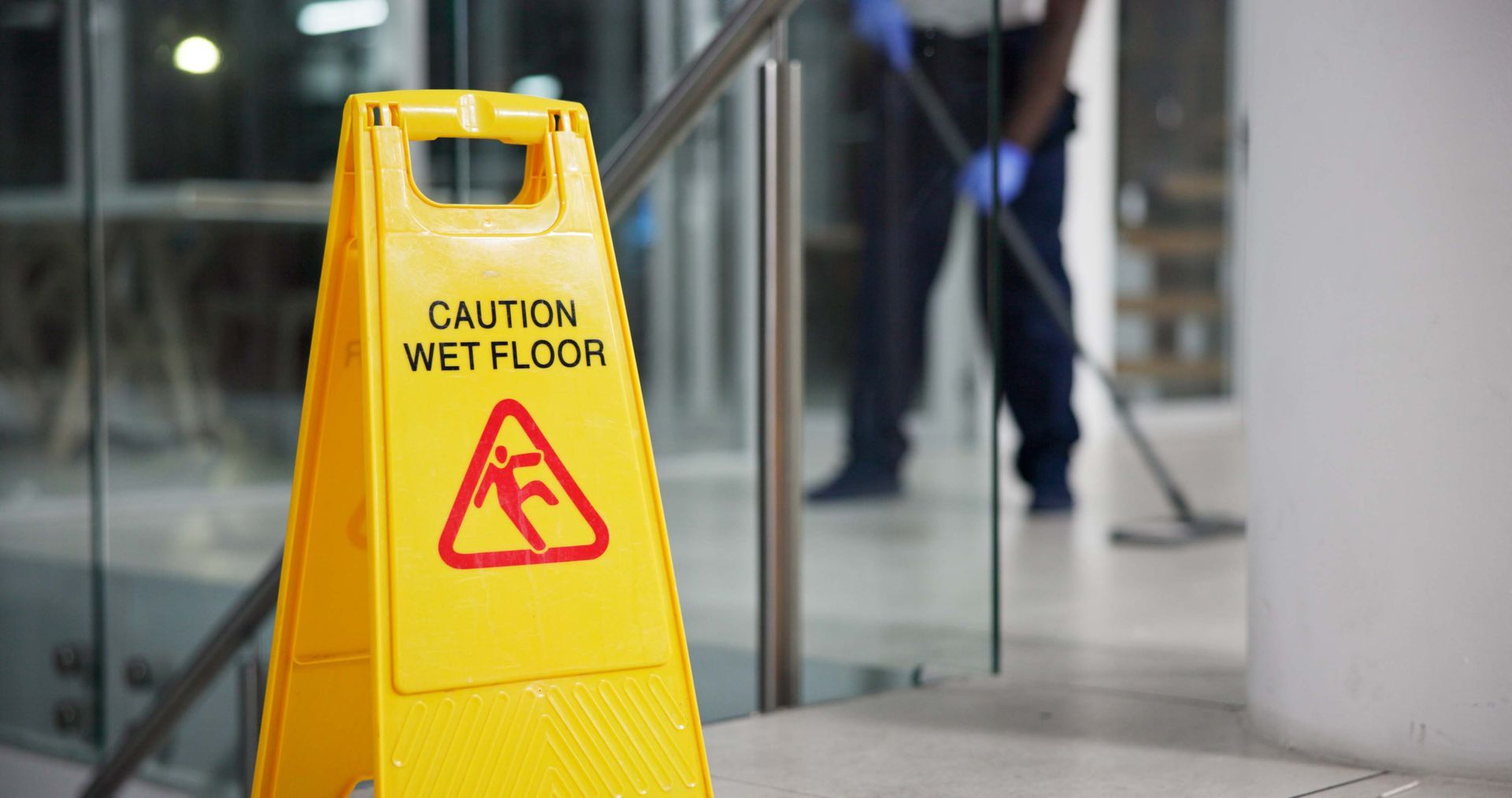Life over the past two years has been a completely new experience for all. We are faced every day with a heavy amount of uncertainty and fear from the pandemic and the ever-changing ways of living that come as a side effect of trying to contain and control the virus. As well as many experiencing loss and grief.
Still, everyone who can continue to work is expected to go on productively.
So, how do we take care of our mental wellbeing when we are experiencing mass volumes of fear, grief, and uncertainty? Here are just some ideas that we hope can be helpful!
Maintain social connections
Keeping in touch with friends, family and even colleagues is so important from several aspects. Firstly, we are in this together and it is important to remind ourselves we are not alone. Secondly, it can help distract us by having a laugh or talking about things that aren’t related to current events. Thirdly, if the pandemic does eventually come up, it is helpful to talk through your feelings.
With some debate going on right now, and a little disparity in opinions around vaccines, the virus itself, politicians and more, speaking of the pandemic can sometimes cause further stress for people. So, if speaking to friends or family who seem aggressive about their opinions, kindly create a boundary and say something like, ‘Is it okay if we discuss something else? I’m not in the right headspace to be talking about this today.’ Then choose something else to discuss, perhaps a healthy coping mechanism or a good news story.
It can be specifically helpful to keep in touch with people who help you feel positive and light as well as those who are neutral and help you feel calm.
Take control of what you can, aim to let go of what you can’t
Many people struggle with not having control of the outcome. None of us do right now, but we do have control over other aspects of our life. It is easier said than done to ‘let go’ but here are just a few things that might help.
- Clear clutter in your surroundings
- Write out a gratitude list each day
- Show forgiveness to yourself and others
In terms of taking control, there are some items further down on this list that can give you a sense of ‘certainty’ and ‘having a plan’, such as the next point.
Keep some kind of routine
Creating a routine can be quite beneficial in terms of creating a sense of psychological safety for yourself. Try to plan out time for healthy meals, movement, work, and ‘you’ time. This helps you to take it one day at a time and focus on taking control of your day instead of letting it get away from you.
Take care of your physical wellbeing
Not only is movement and gut health directly linked to your mental health, but it also is something you can plan for and incorporate into your daily routine. It’s important to have balance with your physical wellbeing to ensure it is positively affecting your mental state.
It can be equally as effective to ensure you stick to a sleep routine. It may not be the same as usual but make sure you are getting enough sleep if you can.
Find healthy coping strategies that work for you
Coping strategies come in many ways. We recommend avoiding over-consuming alcohol and avoiding drugs altogether, even limiting caffeine can be helpful to avoid increasing any anxiety. There may be a creative outlet you use to cope. This could incorporate music, dancing, drawing, knitting, painting, writing, puzzles, reading, the list goes on! Alternatively, you could create activities for yourself such as re-organising cupboards and wardrobes, gardening, exercise challenges or trying new recipes.
Don’t feel pressured to constantly try or learn something new, just find the things (even if it is just one thing!) that helps you feel relaxed and continue with that.
Work with your thoughts
Firstly, be kind to yourself! Don’t be too critical during times like this. Try to talk to yourself as you would a great friend, with compassion, love and support.
Next up, remind yourself that your thoughts are not facts. When we are experiencing fear and uncertainty we often come up with some dramatic and obtrusive thoughts that can simply enhance our anxiety. Remind yourself that your feelings are normal, but your thoughts are not facts. Try interrupting them and asking yourself ‘is this helpful?’ or ‘would I be comfortable if a friend said this to me?’. Try to come up with a new train of thought or go back to what you were thinking of before.
Try the art of letting go as mentioned under the second point in this article. Things we can’t control can not only cause anxiety but can lead us to feel frustrated and angry without any possible resolution, except for letting go…
Lastly, if you’re willing to give it a go, put your thoughts down on paper. Journaling has gotten a bad wrap in the past, thought of as something only teenage girls do. But writing down your thoughts without care for how they sound and just getting them out of your head can be quite therapeutic and help declutter your mind.
Take ‘news’ breaks
It can be tempting to keep up with all the latest health advice and case numbers, however sometimes it’s just not helpful… The media loves to grab clicks from people and can sometimes sensationalise titles of stories which can induce panic. So, while it is important to stay in the know regarding the latest health regulations, give yourself five minutes in the day to understand the current situation and then move on. You can turn off news notifications so you are not enticed to click and read about things during the day.
Reach out for help if you need it
If you are struggling and finding things extremely difficult, know you are not alone. Many people are going through it right now, and everyone’s experience during this time is valid. Don’t suffer alone. You can reach out to a trusted friend or family member and let them know you really just need someone to listen.
If this doesn’t feel like enough, we highly recommend making an appointment with your doctor and setting up a mental health plan where you can meet a professional to help you through.
Alternatively, there are some specialised helplines you can reach out to as seen below.
- Beyond Blue aims to increase awareness of depression and anxiety and reduce stigma. Call 1300 22 4636, 24 hours/7 days a week, chat online or email.
- Lifeline provides 24-hour crisis counselling, support groups and suicide prevention services. Call 13 11 14, text on 0477 13 11 14 (12pm to midnight AEST) or chat online.
- MindSpot is a free telephone and online service for people with anxiety, stress, low mood or depression. It provides online assessment and treatment for anxiety and depression. MindSpot is not an emergency or instant response service. Call 1800 61 44 34.




















